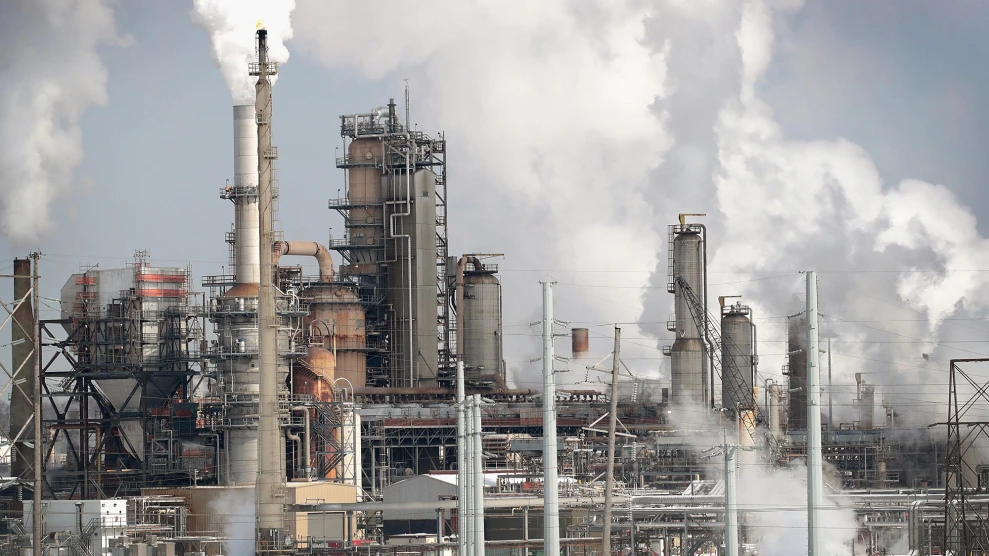Five of Europe’s biggest banks have been urged to stop lending to fossil fuel firms in a new letter written by a group of investors with combined assets of more than $1.5 trillion (£1.23 trillion) which also wants the banks to stop directly financing new oil and gas fields by the end of this year.
The letters which contained the investors’ concern that funding fossil fuel projects could jeopardise the global path to net zero, were received by British bank Barclays and European banking giants BNP Paribas, Credit Agricole, Deutsche Bank and Societe Generale.
Part of the letter to Barclays’ group chief CS Venkatakrishnan read: “Barclays is the second biggest European provider of financing to 50 of the top oil and gas expanders, having provided over $48bn (£39.5bn) between 2016 and 2021.
Read also: US announces $85m in aid for Turkiye, Syria after devastating erathquakes
“We, therefore, call on Barclays to stop directly financing new oil and gas fields by the end of 2023 at the latest, to demonstrate its commitment to tackling the climate crisis and keeping global warming to 1.5C.”
These investor-backed letters are expected to be a wake-up call to banks that have made net-zero commitments were signed by 27 investors, including Aegon Asset Management, Danske Bank and Brunel Asset Management, with combined assets under management of $1.4 trillion (£1.15 trillion).
The powerful group said that the surge in energy prices, triggered by Russia’s invasion of Ukraine, has shown how risky it is to rely on fossil fuels in times of geopolitical uncertainty.
“Far from locking in long-term dependence on insecure, unpredictable, volatile and environmentally damaging fossil energy, Russia’s actions are a salient reminder of the need to accelerate away from fossil to renewable,” the letter read.
The letters called for all the banks to respond prior to announcing their AGM notice, “as we see this as an opportunity to make such a commitment in your annual communications to shareholders”.
Meanwhile, a spokesperson from Barclays has said the bank remains one of the first banks to set an ambition to become net zero by 2050 having seen addressing climate change as an urgent and complex challenge.
“We can make the greatest difference as a bank by working with customers and clients as they transition to a low-carbon economy, focusing on facilitating the finance needed to change business practices and scale new green technologies,”the spokesperson said. “This includes many oil and gas companies that are actively engaged and critical to the transition, and committed significant resources and expertise to renewable energy,”.
Also, a spokesperson from Deutsche Bank said that the bank has strict guidelines for business activities in carbon-intensive sectors and has significantly reduced its engagement in these sectors since 2016, adding that Deutsche Bank has established business restrictions for coal and oil and gas sectors and is committed to reducing its financed emissions in the oil and gas sector by 23 per cent in 2030, and by 90 per cent in 2050 especially as it is as a member of the Net Zero Banking Alliance.
Story was adapted Independent.
